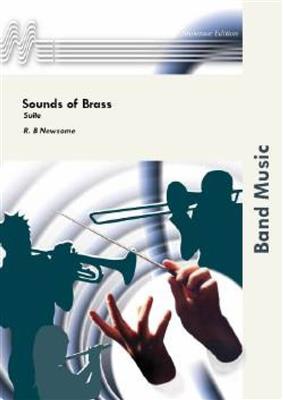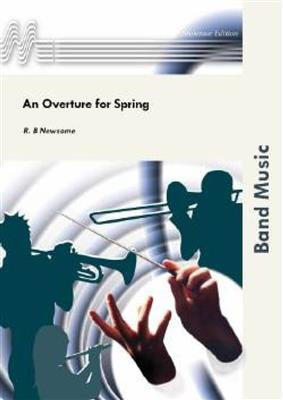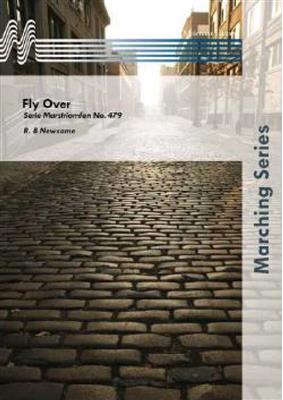We've found 763 matches for your search. Order by
Results
-
 £69.00
£69.00The Bombasto - Orion R. Farrar
Estimated dispatch 5-14 working days
-
 £100.00
£100.00Can-Can Alla Rossini! - Philip R. Buttall
Estimated dispatch 5-14 working days
-
 £69.60
£69.60Death or Glory - R. B. Hall
Estimated dispatch 5-14 working days
-
 £68.00
£68.00I Believe I Can Fly - R. Kelly
Estimated dispatch 5-14 working days
-
£69.99
Fanfare for a Bright New Age - Andrew R. Mackereth
Estimated dispatch 5-14 working days
-
 £64.99
£64.99Fanfare for the Voice of A-M-E-R-I-C-A - Steven R. Gerber
Premiered and commissioned by Voice of America' on September 11, 2003, paying tribute to the national spirit of grim determination and unity, as well as of tragedy and ominousness following 9/11.
Estimated dispatch 5-14 working days
-
 £27.20
£27.20Amsterdam - R.S. Woodfield
Estimated dispatch 5-14 working days
-
 £68.90
£68.90Sounds of Brass - R.B. Newsome
Estimated dispatch 5-14 working days
-
 £90.30
£90.30An Overture for Spring - R.B. Newsome
Estimated dispatch 5-14 working days
-
 £27.20
£27.20Fly Over - R.B. Newsome
Estimated dispatch 5-14 working days
